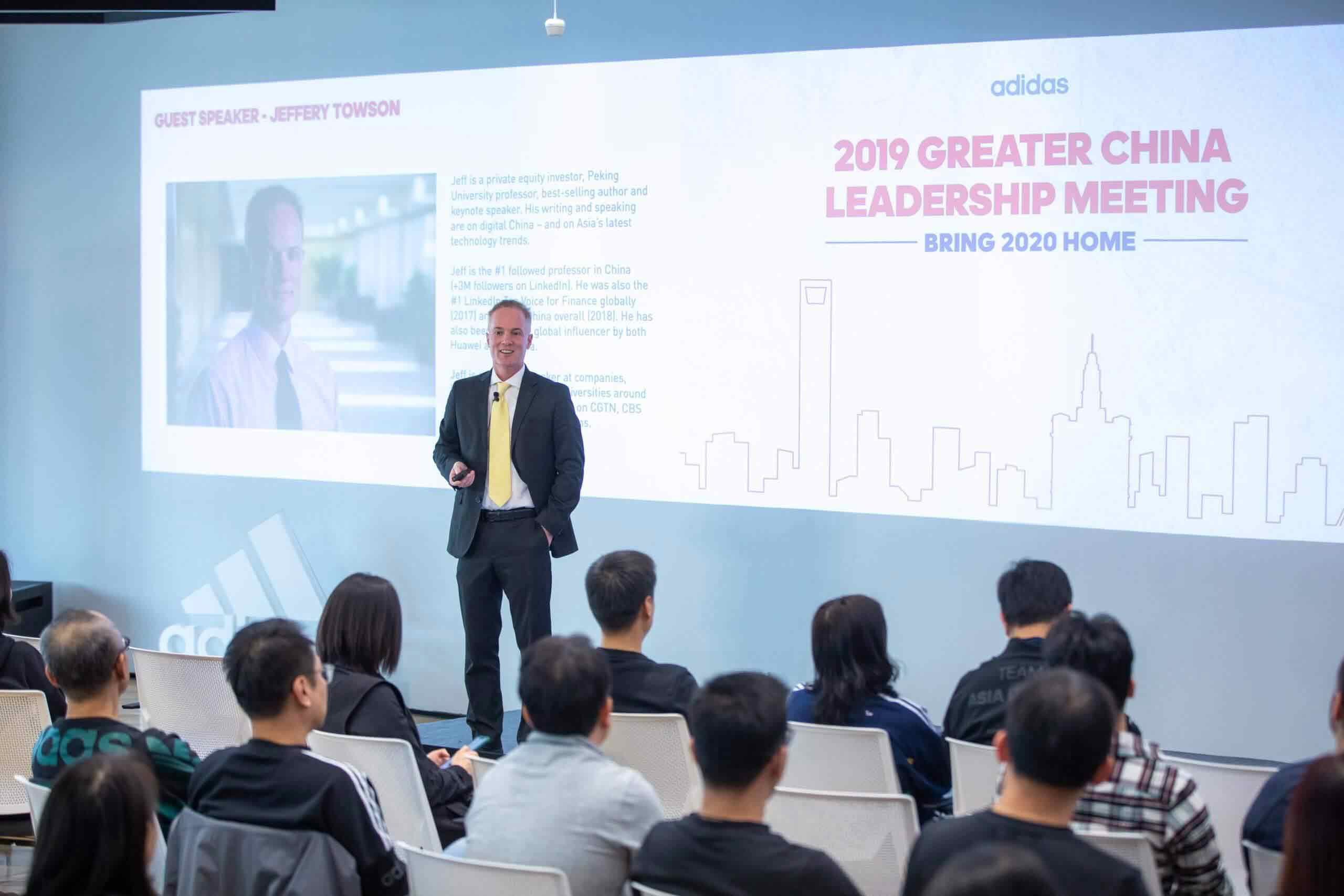In this episode of the Tech Strategy podcast, Jeff Towson discusses the rise of digital agents and non-human platforms and how they are changing business models. He explains how these technologies are being used in various industries and how they could change the way we live and work. Towson also talks about the potential benefits and risks of these technologies and how companies can prepare for their impact.








